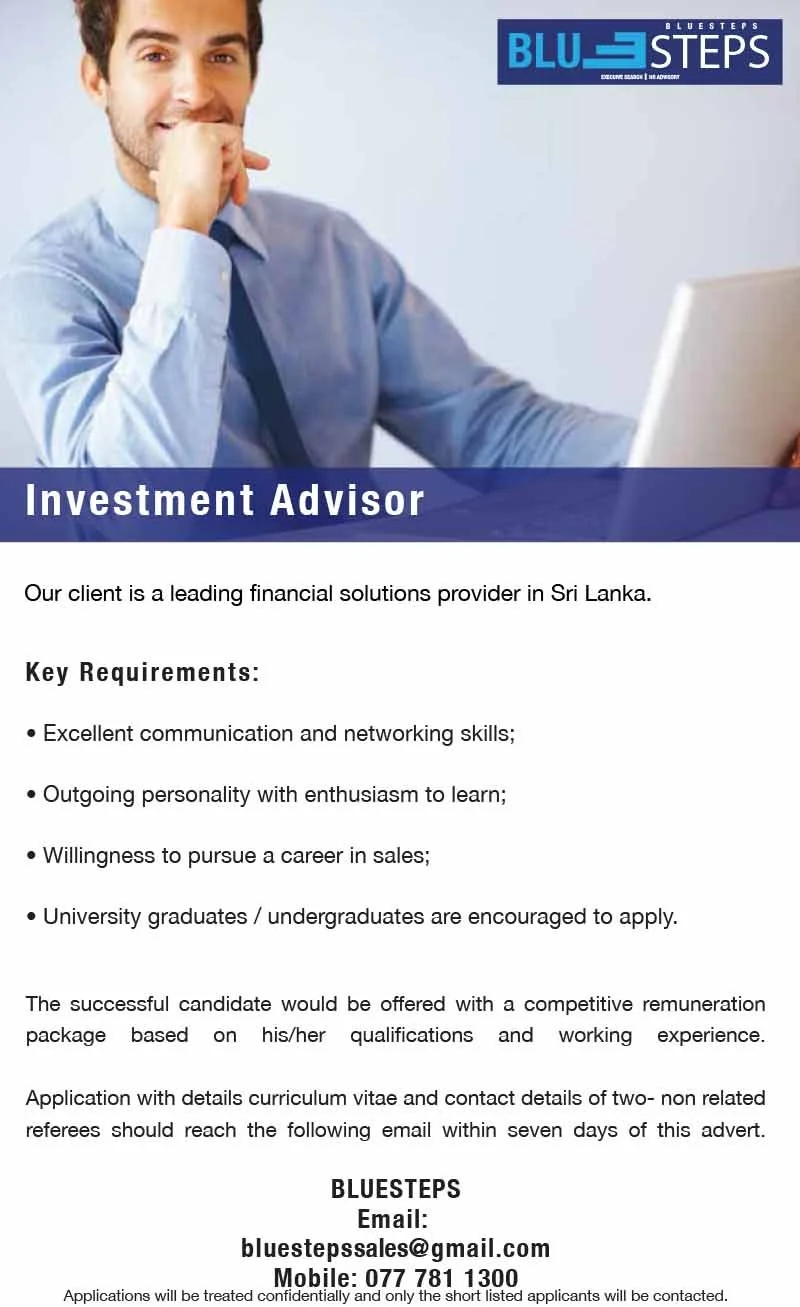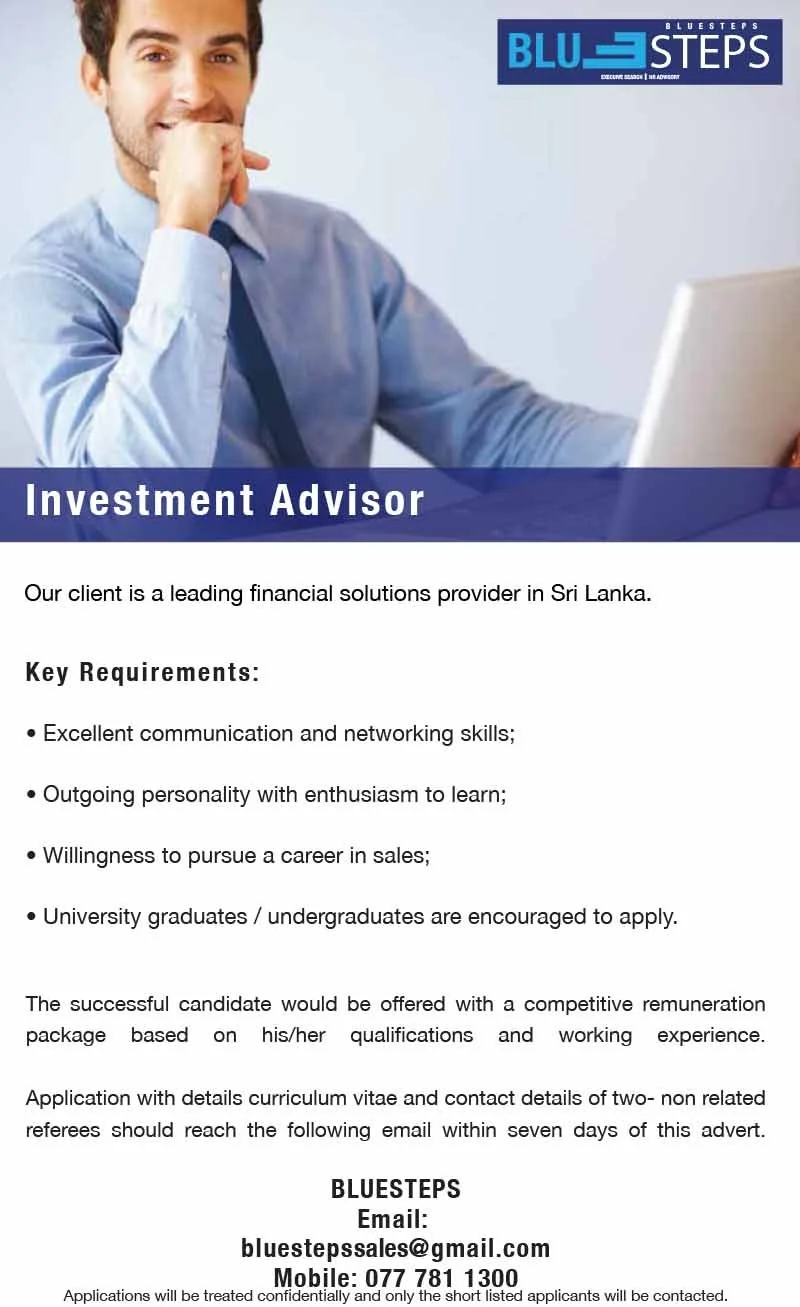Article Directory
Let’s be honest for a second. When you think of getting financial advice, what image pops into your head? For most of us, it’s a stuffy office. Mahogany desk, leather-bound books you suspect are just for show, and a polite, well-dressed individual—an `investment advisor`—who slides a thick binder across the table. They talk about diversification, risk tolerance, and expense ratios. It’s all very… 20th century. It’s a model built on scarcity: scarcity of information, scarcity of access, and scarcity of expertise. You pay hefty `investment advisor fees` for a human to translate the arcane language of Wall Street into something resembling a plan.
And for its time, it worked. But that time is over.
I’m not here to tell you that the robo-advisors you see advertised are the future. They’re a cute first step, the digital equivalent of putting a calculator on that mahogany desk. What I’m talking about is a paradigm shift so fundamental it will make the traditional `registered investment advisor` (RIA) model look like a horse and buggy parked next to a starship. We are on the cusp of creating a true `personal investment advisor`, an AI-driven financial co-pilot that understands you better than you understand yourself. When I first saw the early-stage demos of these life-modeling AIs, I honestly just sat back in my chair, speechless. This is the kind of breakthrough that reminds me why I got into this field in the first place.
The Financial Genome Project
What we’re building isn’t just a better `online investment advisor`. Think of it less like a financial advisor and more like a personal cartographer for your entire life. The old model was about looking at a map of existing roads—stocks, bonds, real estate—and telling you which ones to take. This new generation of AI is about mapping your unique terrain first. It’s about creating your “financial genome.”
This system uses what we call a multi-modal data synthesis engine—in simpler terms, it learns from everything. It connects to your bank accounts, sure, but it also understands your career trajectory, your family goals, your personal values gleaned from your own writing, and even your health data to project future costs and opportunities. It’s not just a `financial advisor`; it’s a life architect. Imagine an advisor that doesn't just ask about your risk tolerance but understands your deep-seated fear of instability because of your family's history, and custom-builds a strategy that prioritizes psychological comfort alongside financial growth.

This is our Gutenberg press moment for personal finance. For centuries, financial literacy was the exclusive domain of the wealthy, a script read only by a select few. The average person was left to guess. This technology doesn't just give everyone a book; it gives everyone their own personal printing press, capable of generating an infinite number of personalized life scripts and financial futures. The question of how to `find investment advisor` services will no longer be about searching for a `munster investment advisor` or an `investment advisor orlando`; it’s about activating a deeply personal intelligence that lives in the cloud and works for you 24/7. But if this AI knows our deepest desires and fears, what does that mean for privacy and trust? How do we build the guardrails to ensure this incredible tool serves humanity, not just a bottom line?
Beyond the Balance Sheet
The real magic happens when we move beyond mere asset allocation. The future of financial advice isn't about beating the S&P 500. It’s about answering the profound, human questions that money complicates: Can I afford to quit my job and write a novel? What’s the most efficient way to fund my child’s education while also caring for my aging parents? Should I invest in a `real estate investment advisor` or a tech startup?
This isn't just about finding the best mutual fund it's about a system that can understand your desire to take a sabbatical in five years to learn a new skill and then work backwards from that dream to build a hyper-optimized, fluid financial strategy that adapts in real-time to your life—that's a level of partnership and foresight we've never even conceived of before. This AI can run a million simulations of your life, showing you the butterfly effect of small decisions made today on your happiness in 20 years. It can show you the trade-offs not in dollars and cents, but in units of freedom, security, and time.
Of course, with this incredible power comes immense responsibility. The code that underpins these systems must be transparent. The goals must be aligned with human flourishing, not just profit maximization. We're talking about the architecture of people's lives, and the `investment advisor representative` of the future might be an ethicist or a psychologist who works alongside the AI, ensuring its recommendations are not just financially sound, but humanly sound. The career path for `investment advisor jobs` is about to be radically, and beautifully, reimagined. Are we ready to become the curators of our own AI-guided destinies?
The End of 'Wealth Management.' The Beginning of 'Life Architecture.'
For too long, we’ve treated money as the goal. We've asked our advisors to grow our wealth. But wealth is just a tool; it's a raw material. The real goal is, and always has been, to build a life of meaning, purpose, and freedom. The revolution that’s coming isn’t about automating the old job of an `investment advisor`. It’s about making that job obsolete by creating something infinitely more powerful: a partner in the project of designing your life. This is the technology that finally democratizes not just financial advice, but the very ability to dream with a concrete, actionable plan. And that changes everything.

